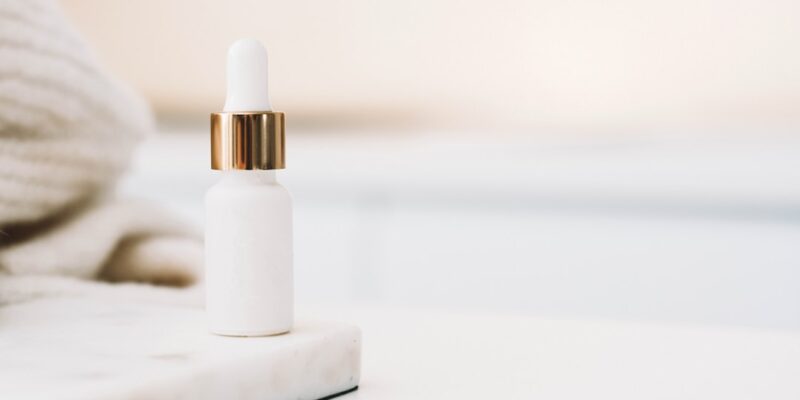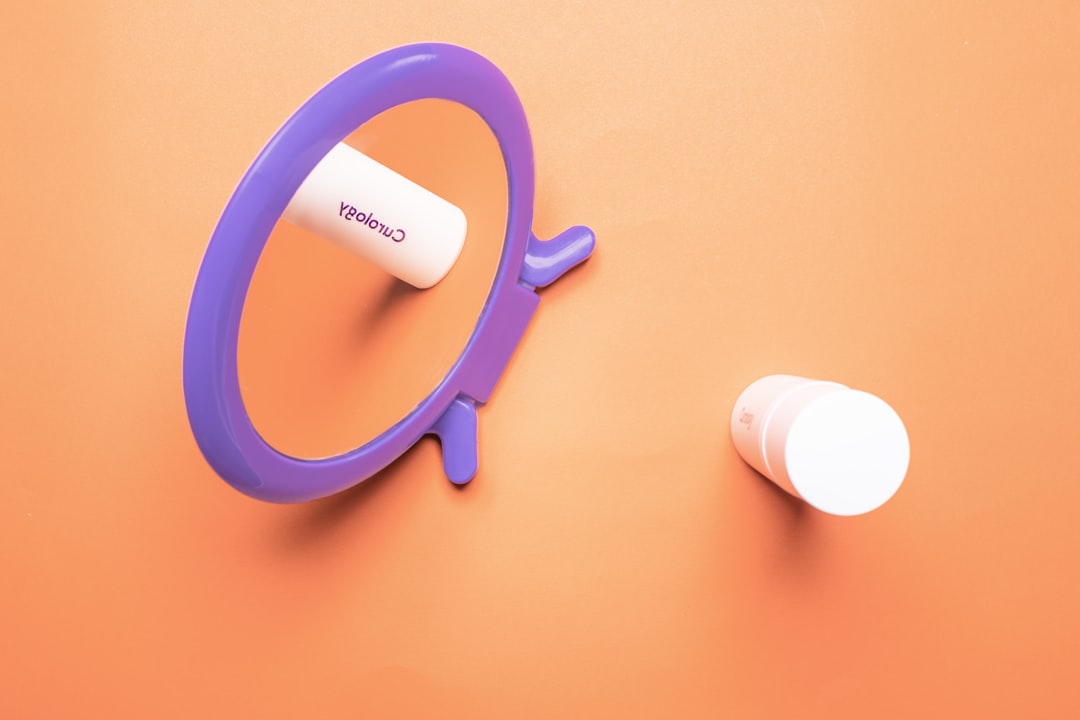
Combat Oily Skin: Essential Face Care Tips
Oily skin is a common skin concern that affects many individuals. It is characterized by an overproduction of sebum, the natural oil produced by the skin. This excess oil can lead to a shiny appearance, clogged pores, and an increased likelihood of acne breakouts. Understanding the causes of oily skin and implementing a proper skincare routine can help manage this condition and promote healthier skin.
Key Takeaways
- Oily skin is caused by overactive sebaceous glands and genetics.
- Choose a cleanser that is gentle and specifically formulated for oily skin.
- Toning helps to balance the skin’s pH and remove any remaining impurities.
- Exfoliating once or twice a week can help to unclog pores and reduce oiliness.
- Use oil-free moisturizers to hydrate the skin without adding excess oil.
Understanding the Causes of Oily Skin
Several factors contribute to oily skin, including genetics, hormones, and lifestyle choices. Genetics play a significant role in determining the amount of sebum produced by the skin. If your parents or close relatives have oily skin, there is a higher chance that you will also have this skin type.
Hormones also play a crucial role in regulating sebum production. During puberty, hormonal changes can lead to an increase in oil production, resulting in oily skin. Hormonal imbalances, such as those experienced during menstruation or pregnancy, can also contribute to oily skin.
Lifestyle choices can also impact the condition of your skin. Poor diet, lack of exercise, and smoking can all contribute to oily skin. Additionally, using harsh skincare products or over-washing your face can strip the skin of its natural oils, causing it to produce even more oil to compensate.
Choosing the Right Cleanser for Your Skin Type
Using a gentle cleanser is essential for managing oily skin. Harsh cleansers can strip the skin of its natural oils, leading to increased oil production and potential irritation. Look for cleansers that are specifically formulated for oily or acne-prone skin.
When selecting a cleanser for oily skin, opt for products that contain ingredients like salicylic acid or benzoyl peroxide. These ingredients help to unclog pores and reduce excess oil production. Avoid cleansers with added fragrances or oils, as these can further exacerbate oily skin.
Incorporating Toning into Your Skincare Routine
| Benefits of Toning | How to Incorporate Toning into Your Skincare Routine |
|---|---|
| 1. Balances skin’s pH level | 1. After cleansing, apply toner to a cotton pad and gently swipe over face and neck. |
| 2. Removes any remaining dirt or impurities | 2. Use a toner with ingredients that target your specific skin concerns, such as acne or dryness. |
| 3. Prepares skin for better absorption of serums and moisturizers | 3. Use a toner both morning and night, after cleansing and before applying other skincare products. |
| 4. Helps to soothe and calm irritated skin | 4. Avoid toners with alcohol or harsh ingredients that can strip the skin of its natural oils. |
| 5. Can help to minimize the appearance of pores | 5. Follow up with a moisturizer to lock in hydration and complete your skincare routine. |
Toning is an important step in any skincare routine, especially for those with oily skin. Toners help to remove any remaining dirt or impurities from the skin, tighten pores, and balance the skin’s pH levels.
When choosing a toner for oily skin, look for products that contain ingredients like witch hazel or tea tree oil. These ingredients have astringent properties that can help control oil production and reduce inflammation. Avoid toners that contain alcohol, as they can be too drying for oily skin.
Exfoliating to Combat Oily Skin
Exfoliation is a crucial step in managing oily skin. It helps to remove dead skin cells, unclog pores, and promote cell turnover. Regular exfoliation can also help control oil production and prevent acne breakouts.
When exfoliating oily skin, it is important to choose products that are gentle and non-abrasive. Look for exfoliators that contain ingredients like alpha hydroxy acids (AHAs) or beta hydroxy acids (BHAs). These ingredients help to dissolve dead skin cells and unclog pores without causing irritation. Avoid using harsh scrubs or exfoliators with large particles, as they can damage the skin and lead to increased oil production.
Using Oil-Free Moisturizers
Contrary to popular belief, moisturizing is essential even if you have oily skin. Skipping moisturizer can actually cause the skin to produce more oil in an attempt to compensate for the lack of hydration.
When selecting a moisturizer for oily skin, opt for oil-free or non-comedogenic formulas. These products are specifically designed not to clog pores or contribute to excess oil production. Look for lightweight, gel-based moisturizers that absorb quickly into the skin without leaving a greasy residue.
Adding Face Masks to Your Skincare Routine
Face masks can be a beneficial addition to any skincare routine, especially for those with oily skin. They can help to deep clean the pores, control oil production, and reduce inflammation.
When choosing a face mask for oily skin, look for products that contain ingredients like clay or charcoal. These ingredients have absorbent properties that can help draw out impurities and excess oil from the skin. Avoid masks that contain heavy oils or moisturizing ingredients, as they can further contribute to oiliness.
Avoiding Harsh Ingredients
Harsh ingredients can be harmful to oily skin and exacerbate oil production. It is important to avoid products that contain ingredients that can strip the skin of its natural oils or cause irritation.
Some ingredients to avoid include sulfates, alcohol, and fragrances. Sulfates are commonly found in cleansers and can be too drying for oily skin. Alcohol can also be drying and irritating, leading to increased oil production. Fragrances, especially synthetic ones, can cause irritation and inflammation in sensitive skin.
Protecting Your Skin from Sun Damage
Sunscreen is an essential part of any skincare routine, regardless of skin type. It helps protect the skin from harmful UV rays and prevents premature aging and sun damage.
When selecting a sunscreen for oily skin, opt for oil-free or non-comedogenic formulas. Look for lightweight, gel-based sunscreens that absorb quickly into the skin without leaving a greasy residue. Additionally, choose a sunscreen with a high SPF (at least 30) and broad-spectrum protection to ensure maximum coverage.
Managing Stress to Control Oily Skin
Stress can have a significant impact on the condition of your skin, including oil production. When you are stressed, your body releases cortisol, a hormone that can increase sebum production and lead to oily skin.
To manage stress and control oily skin, it is important to incorporate stress management techniques into your daily routine. This can include activities such as exercise, meditation, deep breathing exercises, or engaging in hobbies that help you relax. Finding healthy ways to manage stress can have a positive impact on your overall well-being and the condition of your skin.
Seeking Professional Help for Persistent Oily Skin Issues
If you have tried various skincare techniques and products but still struggle with persistent oily skin, it may be time to seek help from a dermatologist. A dermatologist can assess your skin and provide personalized recommendations and treatment options.
Some treatment options for oily skin may include prescription medications, such as topical retinoids or oral contraceptives, to regulate oil production. In-office procedures, such as chemical peels or laser treatments, may also be recommended to control oiliness and improve the overall appearance of the skin.
Managing oily skin requires a combination of understanding its causes and implementing a proper skincare routine. By choosing the right cleanser, toner, exfoliator, moisturizer, face mask, and sunscreen for your skin type, you can effectively control oil production and promote healthier skin. Additionally, managing stress and seeking professional help when needed can further enhance your skincare routine. Remember to experiment with different products and techniques to find what works best for you and embrace the journey towards healthier, balanced skin.
FAQs
What causes oily skin?
Oily skin is caused by the overproduction of sebum, a natural oil produced by the skin’s sebaceous glands. Hormonal changes, genetics, and certain medications can also contribute to oily skin.
What are the effects of oily skin?
Oily skin can lead to clogged pores, acne breakouts, and a shiny appearance. It can also make it difficult for makeup to stay in place and can contribute to the development of blackheads and whiteheads.
What are some tips for managing oily skin?
Some tips for managing oily skin include washing your face twice a day with a gentle cleanser, using oil-free and non-comedogenic skincare products, avoiding touching your face, and using blotting papers or powder to control shine throughout the day.
Can diet affect oily skin?
Yes, diet can affect oily skin. Consuming a diet high in processed foods and sugar can contribute to inflammation in the body, which can lead to increased oil production in the skin. Eating a balanced diet with plenty of fruits, vegetables, and whole grains can help support healthy skin.
What ingredients should I look for in skincare products for oily skin?
Skincare products for oily skin should contain ingredients like salicylic acid, benzoyl peroxide, and alpha-hydroxy acids (AHAs) to help exfoliate and unclog pores. Lightweight, oil-free moisturizers and serums containing ingredients like hyaluronic acid can also help hydrate the skin without adding excess oil.


















